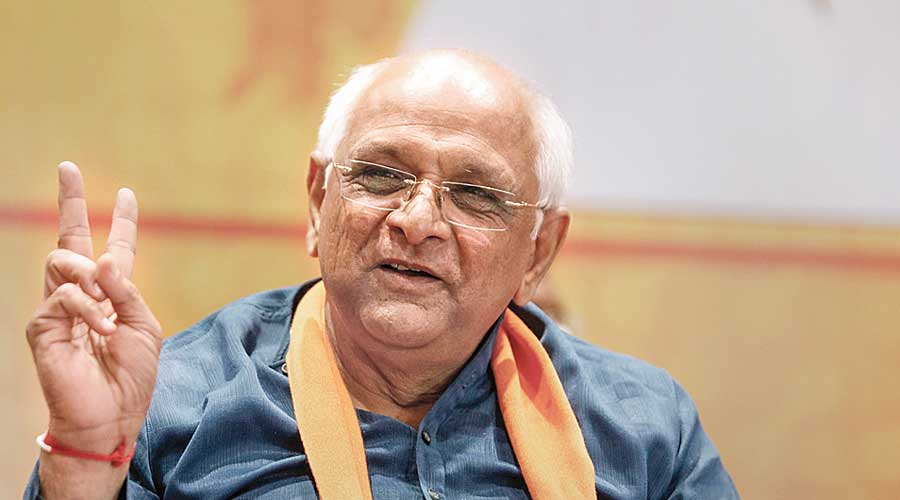The Gujarat government on Monday opposed in the Supreme Court the premature release of the convicts in the 2002 Godhra train burning case and sought the death penalty for them, terming the offence “rarest of the rare”.
The development comes nearly six months after the Gujarat government granted remission to 11 convicts in the Bilkis Bano case.
Bilkis was gang-raped and seven members of her family were killed during the 2002 Gujarat riots that ensued after the Sabarmati Express was set on fire, leading to the death of 59 kar sevaks returning from Ayodhya.
“No, they cannot be released under the premature policy. They are not entitled to the release as TADA (Terrorist and Disruptive Activities Act) provisions had been invoked against them,” solicitor-general Tushar Mehta, representing the Gujarat government, told a bench headed by Chief Justice of India D.Y. Chandrachud during a brief hearing on Monday.
Mehta made the assertion in response to a query from the bench, which included Justices P.S. Narasimha and J.B. Pardiwala, whether the convicts in the Godhra train burning case were entitled to release “under the premature release policy of the state of Gujarat”.
Mehta asserted that Gujarat High Court’s order commuting the death sentences of 11 of the convicts to life imprisonment should be set aside and the death sentences awarded by the sessions court restored. He argued that the offence committed by the convicts qualified as “rarest of the rare”.
A five-judge constitution bench had in Bachan Singh vs State of Punjab, 1980, ruled that a death sentence could be awarded only in the “rarest of rare” cases where the offence is “grotesque, diabolic and shocks the collective conscience of the society”.
“This is a fit case where we are seriously pressing for the award of death penalty to the convicts whose death penalty was commuted to life imprisonment. This is the rarest of rare case where people, including women and children, were burnt alive,” Mehta said.
The solicitor-general made the submission while opposing the bail pleas of some of the convicts. The apex court had granted bail to two of the convicts on medical grounds in November last year. Seven others have now moved the apex court for bail.
The state government had filed the current appeal challenging the Gujarat High Court’s 2017 ruling, which commuted the death sentences of 11 Godhra convicts while upholding the trial court’s 2011 decision to award life terms to 20 others.
During Monday’s hearing, Mehta narrated how the convicts had locked the train compartment’s door from the outside, thrown stones at the bogey to prevent the kar sevaks escaping, and arranged for petrol to set the train ablaze.
Senior advocate Sanjay Hegde, appearing for some of the convicts, said most of them were in their 60s.
The CJI sought a consolidated report from the advocates appearing for both sides with details relating to the ages of the convicts and the number of years they had spent in jail so that the apex court could examine all issues before passing an order.
The court fixed the next hearing after three weeks.
Following the Gujarat government’s decision to release 11 convicts in the Bilkis Bano case, multiple petitions had been filed in the apex court challenging the remission, including two by Bilkis herself.










